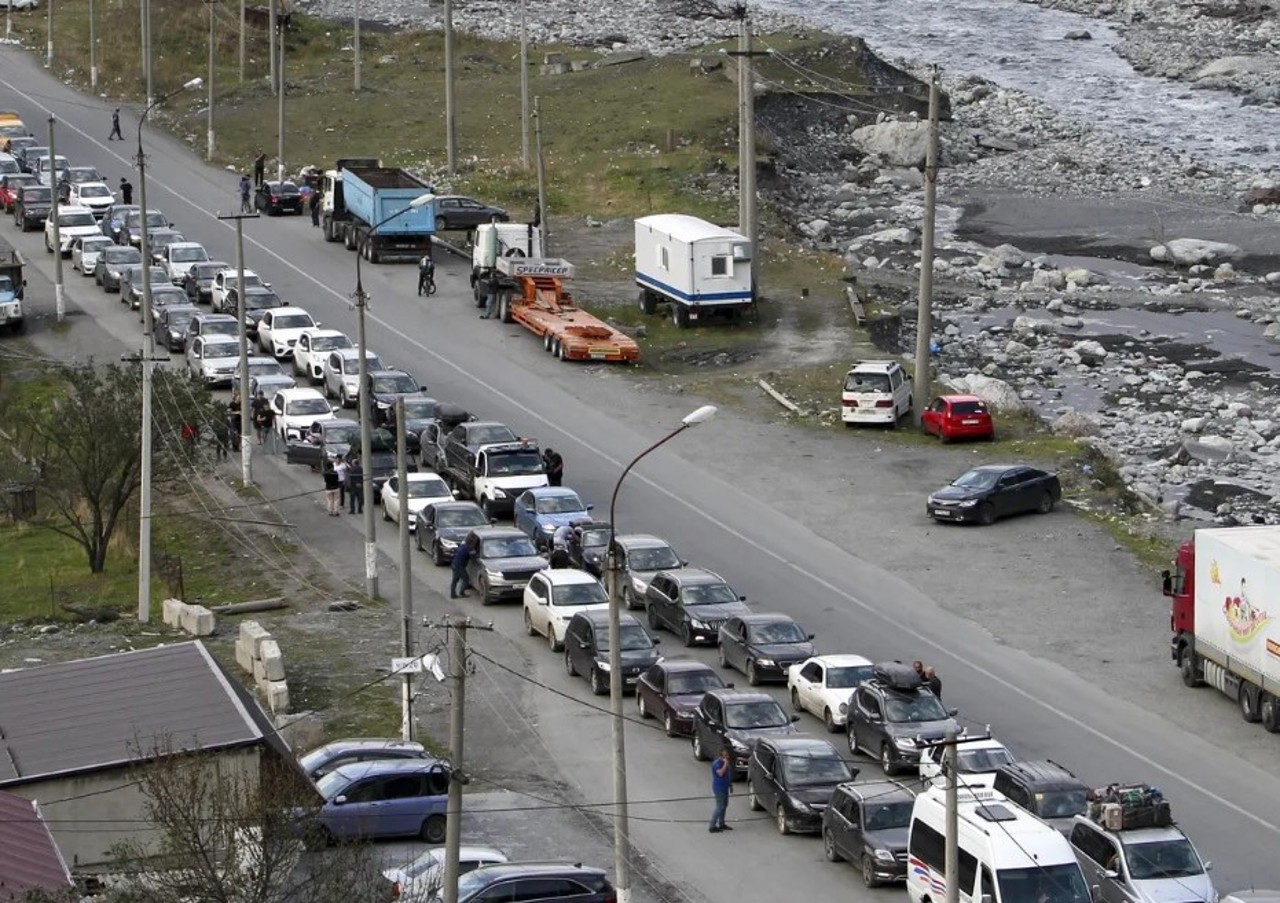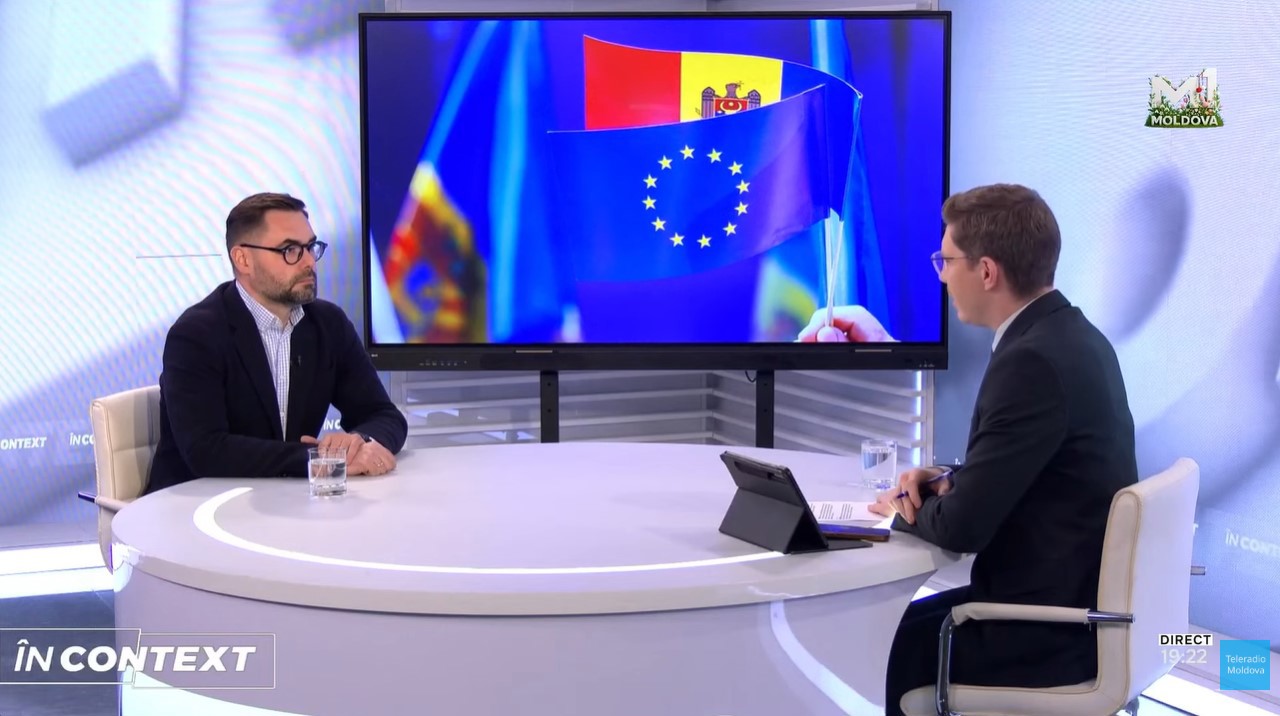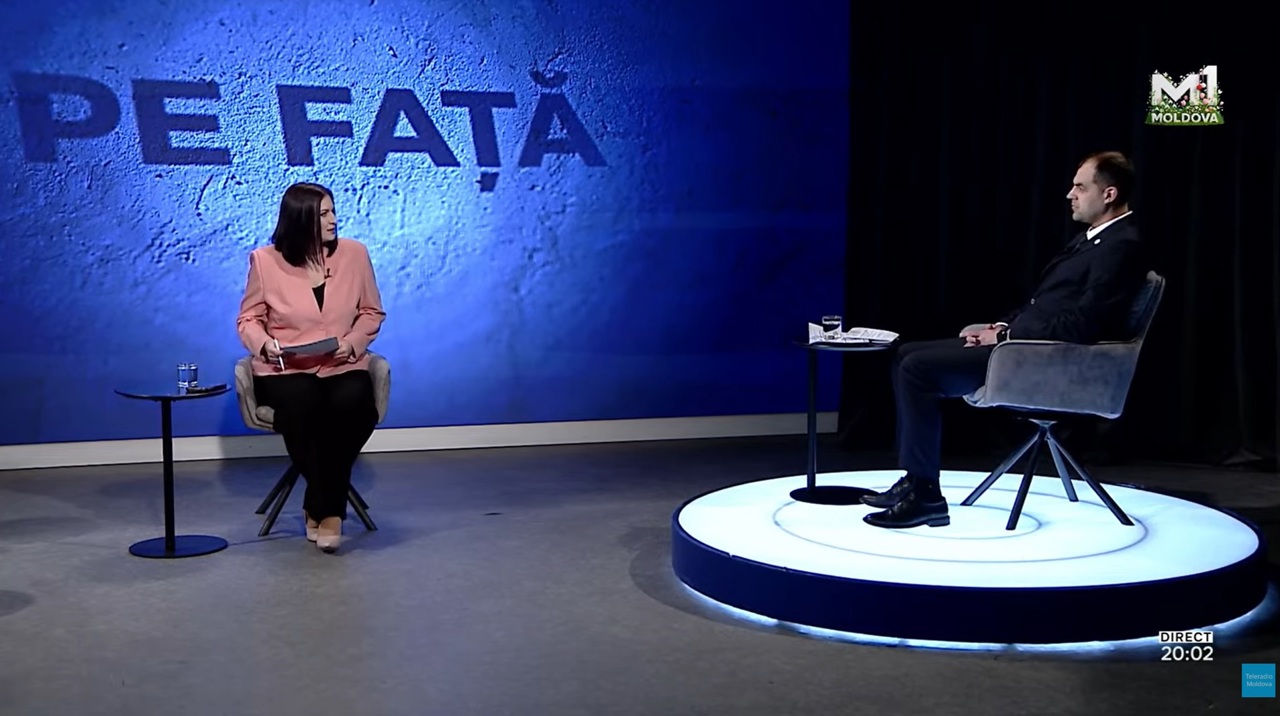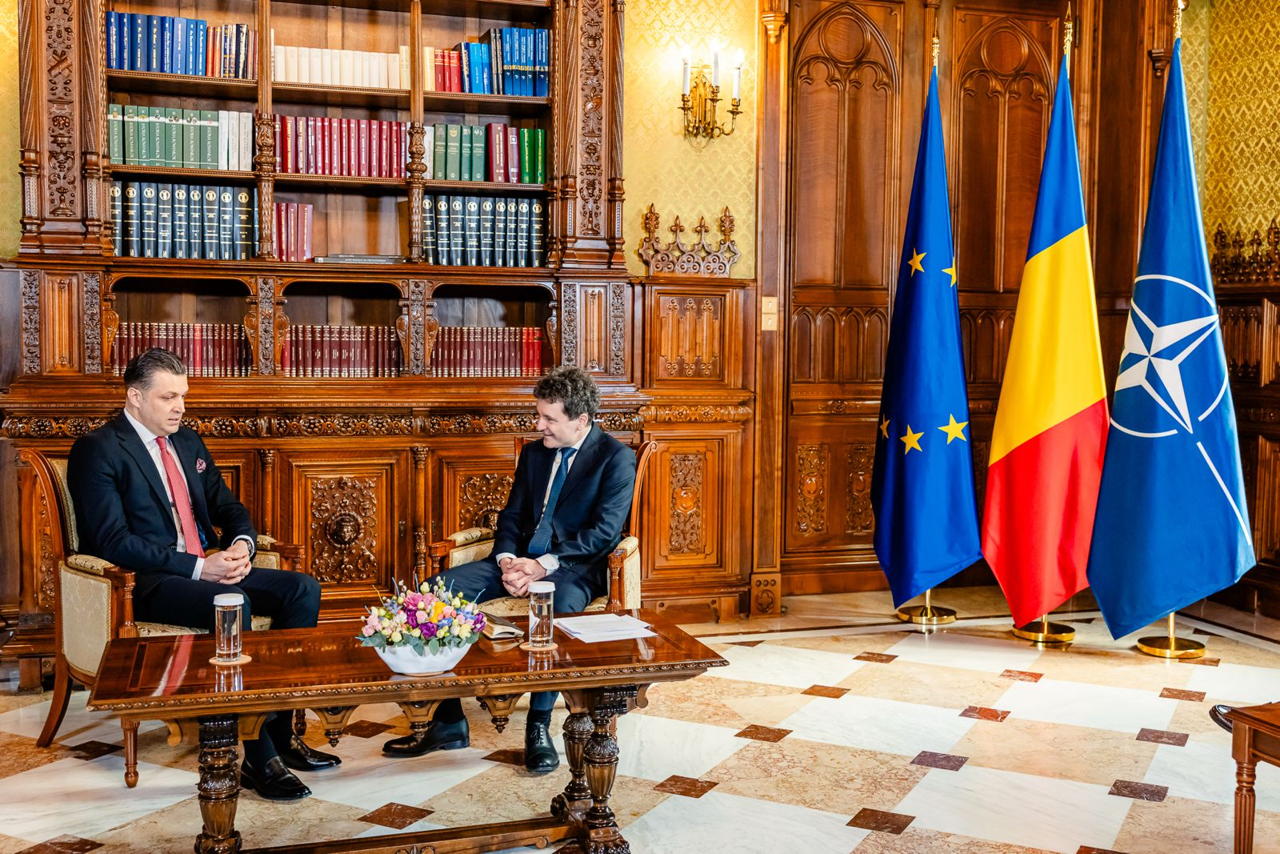About 18 thousand Russians have taken refuge in our country since the beginning of the war: How many of them also hold Moldovan citizenship
About 18 thousand Russians have taken refuge in our country since the beginning of the war: How many of them also hold Moldovan citizenship

At the same time, the General Inspectorate for Migration informed us that 272 citizens of the Russian Federation have applied for asylum in our country since the beginning of the war in Ukraine.
Timofei is a 22-year-old who emigrated to the Republic of Moldova with his wife because his grandfather lives there. He says he likes it here and wants to acquire Moldovan citizenship.
"After mobilisation started in Russia, I made the decision to leave the country because I did not want to participate in the war. Fortunately, as a student, I was not registered in the database of those mobilised, which allowed me to cross the border without any problems.
I chose the Republic of Moldova because my grandfather is Moldovan and lives here. I successfully crossed the border and got a permanent residence permit, so I can now live in the Republic of Moldova. At the border crossing point, I presented the certificate stating that my grandfather lives in this country, which facilitated our passage through customs.
I came here with my wife and we want to obtain the citizenship of the Republic of Moldova, and then to get Romanian papers. We are delighted with the Republic of Moldova and we think we have a good chance to make a success here", said Timofei, a citizen of the Russian Federation living in the Republic of Moldova.
Russia is experiencing its largest wave of population emigration in decades, according to a recent analysis by BBC journalists. They say Russians have left their country, either because of the risk of being deployed to the front or because they disagree with the Russian Federation's invasion of Ukraine.
The Kremlin has denied, through Russian presidential administration spokesman Dmitry Peskov, that Russians left in large numbers to avoid mobilisation.
In order not to return to their country, more and more Russian citizens are trying to obtain residence permits in other countries so that they can get a job and make a living. At least 155,000 of them were granted temporary residence permits in European countries, Turkey and the CIS last year.
Forbes magazine, however, quotes sources in the Russian administration as saying that between 600,000 and 1,000,000 people left the country in 2022. British authorities admit it could be as many as 1.3 million people.
The first "wave" of the Russian exodus took place in the first months of the war, in the spring of 2022, followed by a "second wave" in the summer of the same year.
In September, President Putin decreed a "partial" mobilisation, which banned Russian men between 18 and 65 from leaving the country. Similarly, Russian airlines have been banned from selling tickets to Russian men in this age group. Just one day after the partial mobilisation was decreed, huge queues of cars formed at almost all land customs in the Russian Federation. At Russia's border with Finland, Finnish customs officials reported an "exceptional number" of Russians crossing the border overnight.
According to the BBC, the Russian authorities are trying to minimise the effect of this exodus of citizens, most of whom come from educated and well-paid backgrounds. Russia's main bank, Alfa Bank, estimates that 1.5% of the country's entire workforce has emigrated in the last year alone. In the first months of the war, Russians withdrew 1.2 trillion rubles (about $15 billion) from their bank accounts, according to the central bank. International experts say such a phenomenon has not happened in Russia since the 2008 economic crisis.




